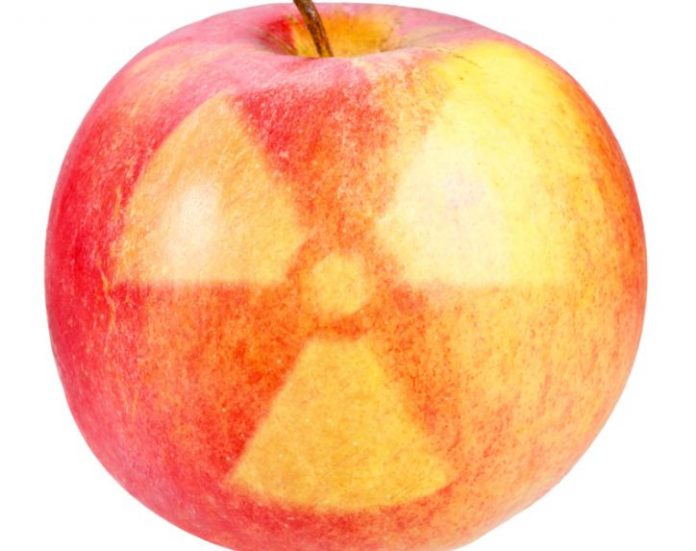Are you looking forward to a wonderful summer? Beaches, warm weather and of course – BBQ’s.
Along with the relaxing atmosphere and ease of preparing a BBQ dinner or picnic for friends and family come some well known risks.
You are likely aware that e.coli and salmonella can cause symptoms that range from mild discomfort to life threatening emergencies.
But why is this more common during summertime meals and how can you protect your loved ones without ruining your summer?
During the summer when we are picnicking or having a BBQ we are not preparing a meal with the usual amenities we have in the house – sink, oven, fridge.
Because of this we are more likely to forget to wash hands, store food properly or even grab a clean plate to serve food.
Here are some ways you can protect yourself from summertime dining outdoors:
Separate
From the grocery store, to the cart, to the fridge, to the table – keep meats and other food separated.
Always wrap meats even when thawing to prevent the juices from dripping onto other foods, especially produce. Produce has been identified as a culprit in some food poisoning cases.
Wash
Wash hands, cutting boards, dishes and food.
Always wash your hands before and after preparing foods. Never serve cooked meat on the same plate or tray that you had it on when raw – make sure the resident BBQ expert is given a clean plate to place the finished product on.
Also thoroughly clean knives and cutting boards. Ideally you should use a separate cutting board for bread and produce and another for meat products.
Wash produce in cold water and scrub thick skinned foods like cantaloupe as the bacteria can come in contact with the flesh of the fruit when being cut.
Cold And Hot
Keep cold food cold and hot food hot.
Food can normally last for two hours at room temperature, but that is decreased to one hour in warm weather.
Cold food (potato salad, sandwiches etc.) should stay in the fridge until ready to serve.
If the food must travel, be certain to use ice or commercial freezing gel packets. Hot food should also stay insulated.
When eating outdoors try to keep cold food in the shade and be sure warm food is wrapped and insulated.
When the food is no longer being eaten it should be returned to the ice box or insulated carrier.
Food should remain hot or cold for as long as it is being served and then refrigerated in clean, covered containers. If you are not able to refrigerate it within a couple hours it is best to throw it out.
If you suspect a mild case of food poisoning than try to limit the foods you eat to the BRAT diet: bananas, rice, applesauce and toast.
In more severe cases, you should seek emergency treatment when there are signs of pain, vomiting for several hours or bloody diarrhea.
Pregnant women, elderly, those with immune disorders and children are more at risk.
Food safety is an important part of a fun summer. Taking precautions will help you enjoy your meals and avoid serious consequences.

